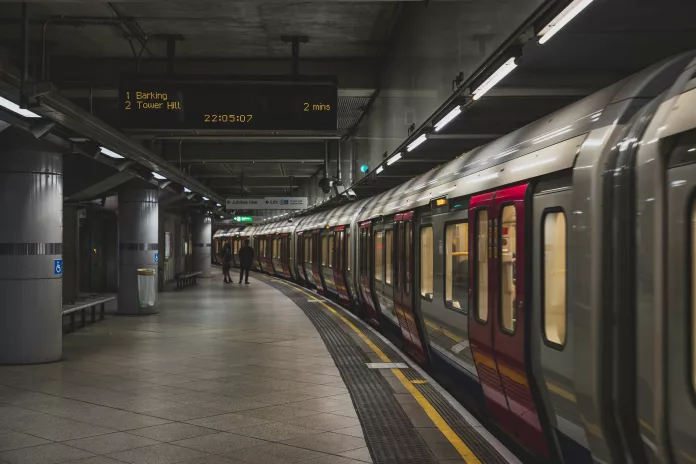Advocates for sustainable transportation and industry participants are pushing for European nations to take decisive action in supporting more environmentally friendly rail travel.
The Importance of Shifting to Rail Transport
Rail travel has long been recognized as one of the most eco-friendly modes of transportation, with potential reductions in emissions of up to 97% on certain routes compared to air travel. To combat climate change effectively, there is an urgent need to switch from cars and planes to trains, aligning with the objectives outlined in the Paris Agreement. This agreement focuses on keeping the global temperature rise well below 2 degrees Celsius, a goal that necessitates immediate and substantial shifts in our transportation habits.
The European Commission‘s ambitious plans to expand high-speed rail traffic twofold by 2030 and threefold by 2050, highlights the urgency of transforming these plans into tangible actions.
Tackling the Issue of Train Ticket Prices
For many travelers, the cost of train tickets is a critical factor in their choice of transport. These costs are significantly influenced by rail tolls, which currently contribute to the elevated prices that passengers face. Recognizing the barrier this creates, a coalition inclusive of rail operators, ticket vendors, and civil societies is championing more affordable rail travel by appealing to Member States to:
- Implement lower rail tolls for high-capacity trains, thereby encouraging the use of trains with the maximum number of seats per service, which boosts the load factor and efficiency of each journey.
- Reduce tolls specifically for night trains and cross-border services, promoting these as viable alternatives to other less sustainable modes of travel.
Advocating for Legislative Change at the EU Level
The coalition is also directing its efforts towards the European Commission, urging a comprehensive review of the regulatory framework that governs railway operations across the continent. Specifically, they aim to revise the Single European Railway Area Directive (2012/34/EU) to include incentives for reduced tolls on key service segments, arguing that the forthcoming guidelines will be insufficient on their own. This change is not just a matter of modifying rules but of implementing legislative measures to prevent prohibitively high rail tolls, thereby fostering a more accessible, affordable, and sustainable rail network for all Europeans.
The move towards sustainable transportation is not solely a matter of convenience or economics; it is a vital step in securing an environmentally resilient future. Reducing tolls and making rail travel more financially feasible for the average consumer is a strategy that could significantly contribute to a decrease in carbon emissions and the fulfillment of climate targets set forth by international agreements.

























